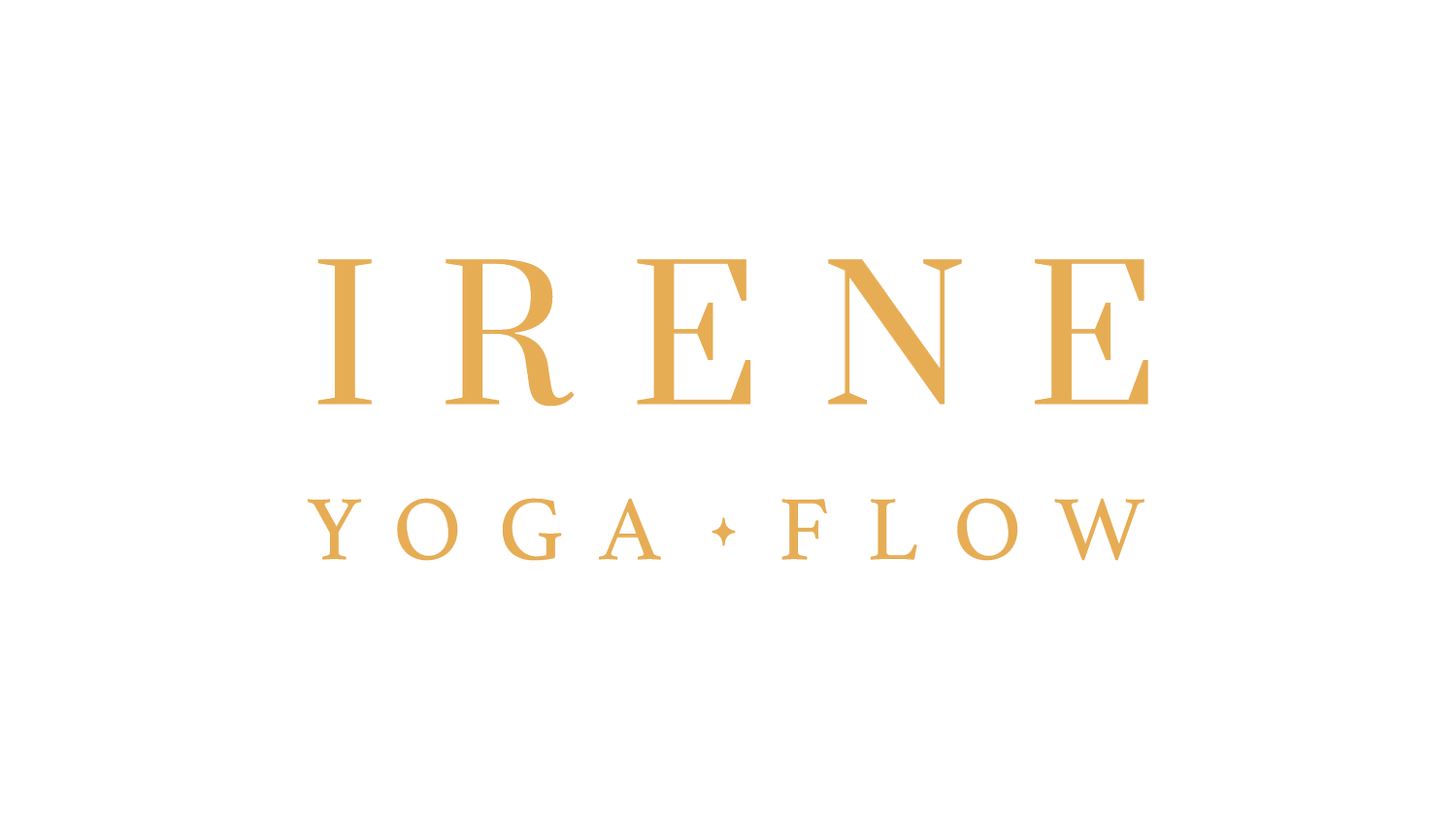Flow in Solidarity Summit Speaker Interview
I was invited to be a Featured Speaker at the inaugural Flow in Solidarity virtual summit in 2021.
Flow in Solidarity Summit aims to put yoga in action by recognizing, addressing, and working through our own internal biases in order to cultivate communities where students feel secure, supported, and seen. Bringing interviews from countless industry experts who truly believe that individual actions lead to collective transformation, you’ll hear about everything from dismantling racism and white supremacy, cultural appropriation, supporting BIPOC communties, the importance of trauma informed practices, and more.
Queen Robertson of Sacred Spaces Yoga founded this virtual summit for yoga teachers and studio owners to bring awareness on how our thoughts and actions can contribute to unsafe spaces in yoga classes and studios.
Asana Shame: At what point do we evolve beyond just the physical practice of yoga?
I spoke with Queen on a few topics including asana shame. Queen asked an interesting question on how a lot of folks come into yoga in the west through asana. And how there is shame around this in the current climate. Queen goes on how to share how she thinks it’s okay if asana is the gateway to yoga, but at what point do we evolve? When does that evolution happen?
I shared on how there is nothing to be ashamed about getting into the physical limb of yoga first. It is the most accessible, as it is what we can see. It is what we can do with our physical body, as opposed to our mind or breath, which is more subtle. However, this accessibility becomes exclusionary when we just focus on asana to the exclusion of all the other limbs.
As a teacher that has led YTT modules on ethics in yoga, we must remember that responsibility lies on the people in power. The students that come in do not know. They cannot exactly tell you what you should be teaching them, all they know are their problems they want solved. All they know is they want to feel better in some way.
The people in power are the people who own yoga spaces, the people who have influential online platforms. The teachers have a responsibility to educate themselves and weave in those learnings in their classes. There is nothing wrong with loving asana but it does a disservice to the students if a teacher is not proficient or continually learning about the other limbs. The history, the colonial history, the mythology, the philosophy are just some topics to dig deep holes in!
For teachers, even starting out with yamas and niyamas is a great place to begin.
As I write this summary two years after the inaugural year of the summit, I would like to add some additional thoughts. Primarily that we do not have to worry or to rush the process of learning. If we are loving the practice, it will naturally reveal our own paths to follow. You may find you are very interested in breathwork, that you find yourself more inspired by the Upanashads over the Yoga Sutras… if you are constantly learning, surrounding yourself with the right teachers and students, you will find yourself deepening your yogic practice not just in asana but in the other limbs. It will take time, and that’s ok.
Flow in Solidarity Summit: https://www.instagram.com/flowinsolidarity/?hl=en

